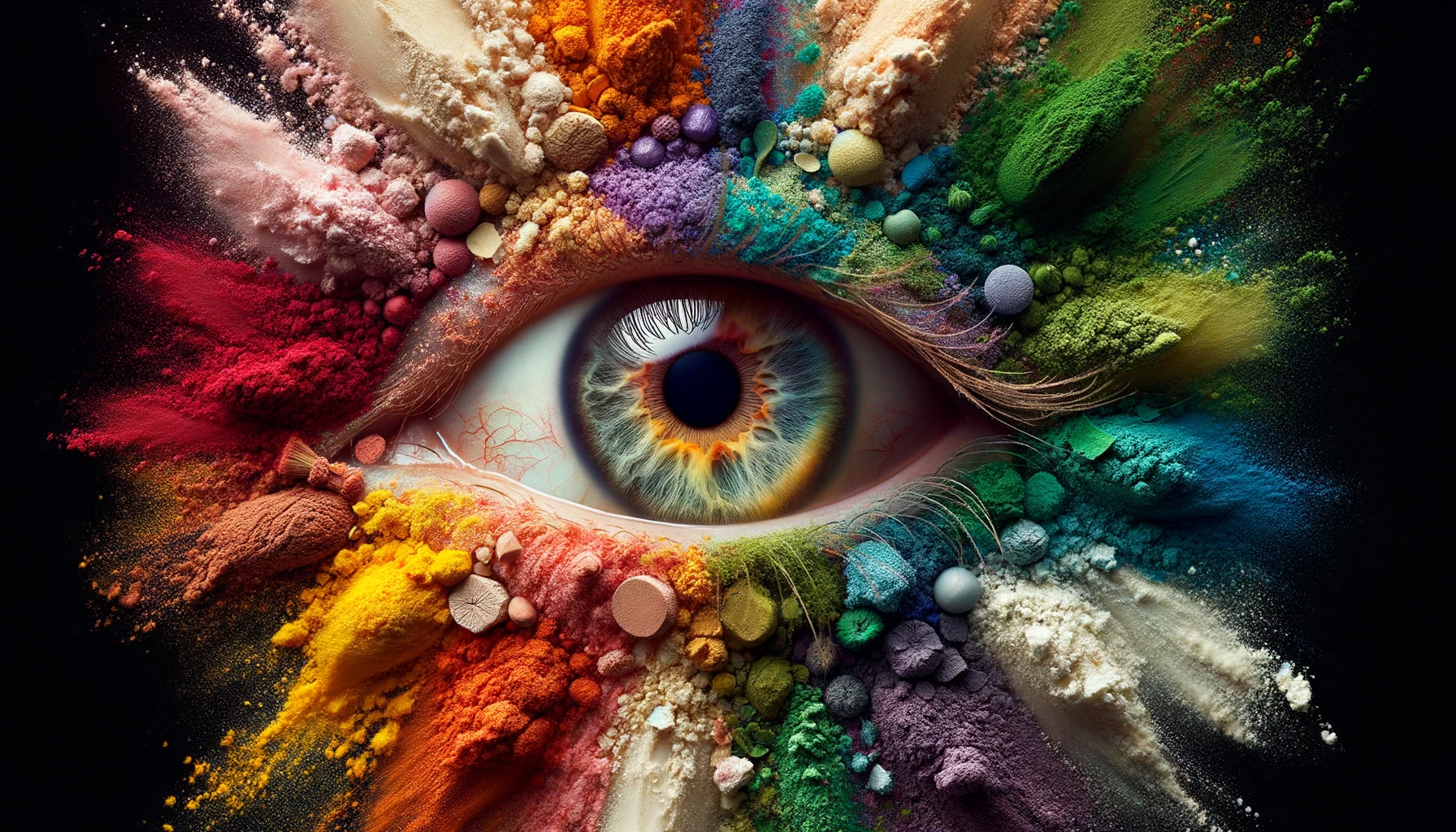The Importance of Retina Health: Tips for Maintaining Optimal Vision
Our eyes are one of the most precious gifts we have, allowing us to see and experience the world around us. Within our eyes, the retina plays a crucial role in our vision, as it is responsible for capturing light and converting it into electrical signals that our brain can interpret. Therefore, it is essential to prioritize the health of our retina to maintain optimal vision throughout our lives.
Understanding the Retina
The retina is a thin layer of tissue located at the back of the eye. It contains millions of specialized cells called photoreceptors, which are responsible for capturing light and transmitting visual information to the brain via the optic nerve. The two main types of photoreceptors are rods and cones, each playing a unique role in our vision.
Rods are highly sensitive to light and are responsible for our ability to see in low-light conditions. They are primarily concentrated in the outer edges of the retina, allowing us to perceive objects in our peripheral vision. On the other hand, cones are responsible for our color vision and visual acuity. They are concentrated in the central part of the retina, known as the macula, which is responsible for our sharp, detailed vision.
Factors Affecting Retina Health
Several factors can impact the health of our retina, including:
- Age: As we age, the risk of developing retinal conditions such as age-related macular degeneration (AMD) increases.
- Genetics: Some individuals may have a genetic predisposition to certain retinal diseases.
- Smoking: Smoking has been linked to an increased risk of developing AMD and other retinal diseases.
- High blood pressure: Uncontrolled high blood pressure can damage the blood vessels in the retina, leading to vision problems.
- Diabetes: Individuals with diabetes are at a higher risk of developing diabetic retinopathy, a condition that affects the blood vessels in the retina.
Tips for Maintaining Retina Health
While some factors affecting retina health may be beyond our control, there are steps we can take to maintain optimal vision:
1. Eat a Nutrient-Rich Diet
A healthy diet rich in nutrients, vitamins, and antioxidants can support retinal health. Include foods such as leafy green vegetables, fish high in omega-3 fatty acids (like salmon and tuna), citrus fruits, nuts, and seeds in your diet. You can also take an AREDS supplement with added nutrients for retinal health.
2. Protect Your Eyes from UV Rays
Exposure to harmful UV rays can damage the retina over time. Wear sunglasses that provide 100% UV protection when outdoors, even on cloudy days.
3. Quit Smoking
If you smoke, quitting is one of the best things you can do for your overall health, including your retina. Smoking increases the risk of developing AMD and other retinal diseases.
4. Control Blood Pressure and Diabetes
If you have high blood pressure or diabetes, work with your healthcare provider to manage these conditions effectively. Regular check-ups and following a treatment plan can help prevent or minimize retinal damage.
5. Take Regular Breaks from Digital Screens
Extended periods of screen time can strain your eyes and potentially affect your retina. Follow the 20-20-20 rule: every 20 minutes, look at something 20 feet away for 20 seconds to give your eyes a break.
6. Get Regular Eye Exams
Regular eye exams are crucial for detecting any early signs of retinal diseases or other vision problems. Your eye care professional can monitor your retina's health and recommend appropriate treatments or interventions if necessary.
Conclusion
Our retina plays a vital role in our vision, and maintaining its health is essential for optimal visual function. By adopting healthy lifestyle habits, protecting our eyes from harmful factors, and seeking regular eye care, we can take proactive steps to preserve our retina's health and enjoy clear vision for years to come.
Excerpt: Our eyes are one of the most precious gifts we have, allowing us to see and experience the world around us. Within our eyes, the retina plays a crucial role in our vision, as it is responsible for capturing light and converting it into electrical signals that our brain can interpret. Therefore, it is essential to prioritize the health of our retina to maintain optimal vision throughout our lives.




